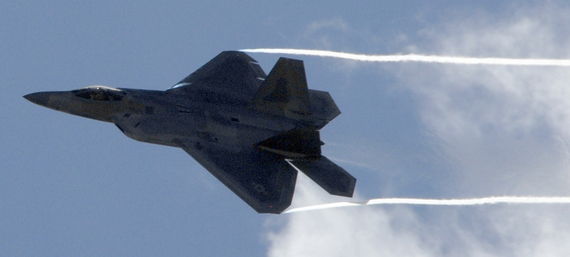
The woman continued, in a soft southern accent. “I asked him what he did during the War, as we called World War II then. He had been a Marine, and he said he debriefed bomber pilots after their raids. I asked what that meant. ‘They talked about what they had seen and done, and I listened.’ I asked why, and he explained, ‘They did terrible things, and what they saw was horrible. And they didn’t feel like they could talk about it with anyone else.’
“‘How,’ I asked, ‘did talking to you help?’ He told me that if they could talk about it to someone who just listened, they could get their feelings outside of themselves and feel a little better. He said they were really just boys — 20, 21, even 19.”
The woman told us this in explaining to our group that she, too, valued a place — ours — where she could go and share what was going on with her, and just be heard. That was the point of the story for her.
I took that in, but another point had a bigger impact on me, a person who has never been near combat. These were guys in a war which virtually everyone here considered just. They were several thousand feet over their targets, not tossing grenades into peasant huts in Vietnam or “lighting up” suspected Iraqi or Afghan militants from a helicopter, for God’s sake. But even they had seen and done things so awful that the Marine Corps of seven decades ago understood that they needed a chance to “debrief.” And, as so many of their children have told us, they were closed-mouthed when they got home.
When will we ever know the full costs of this thing we call war?